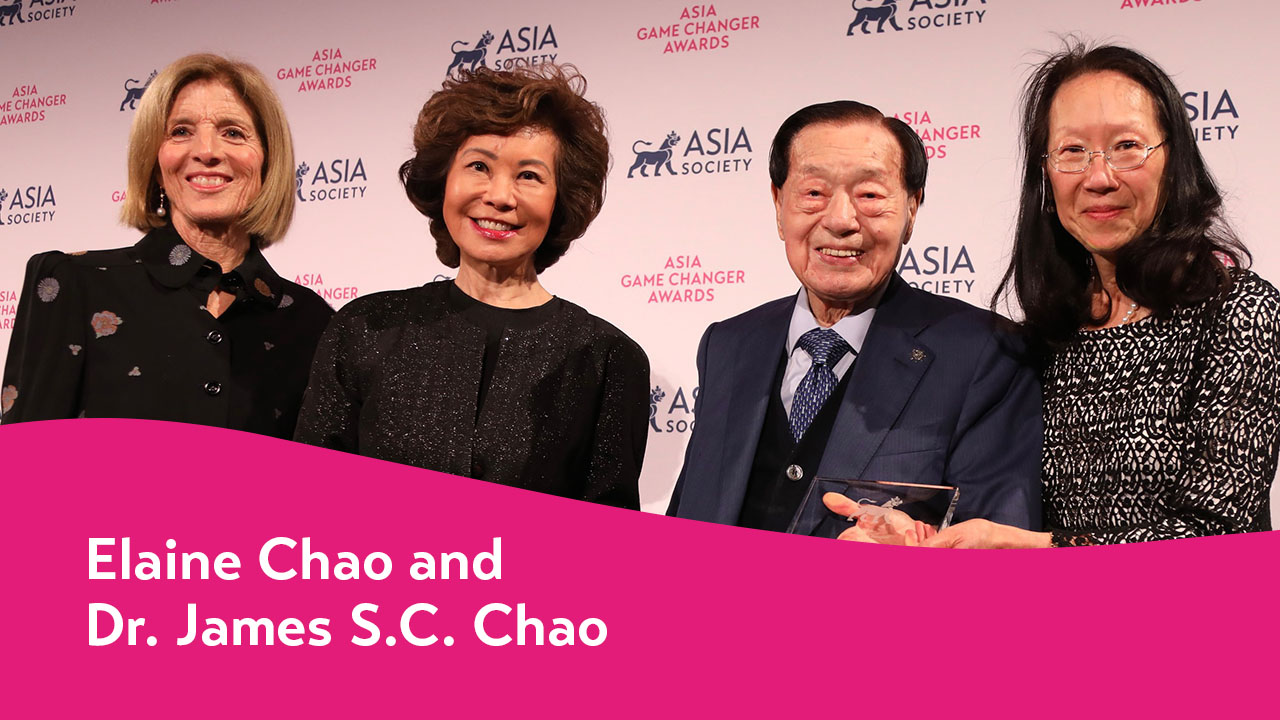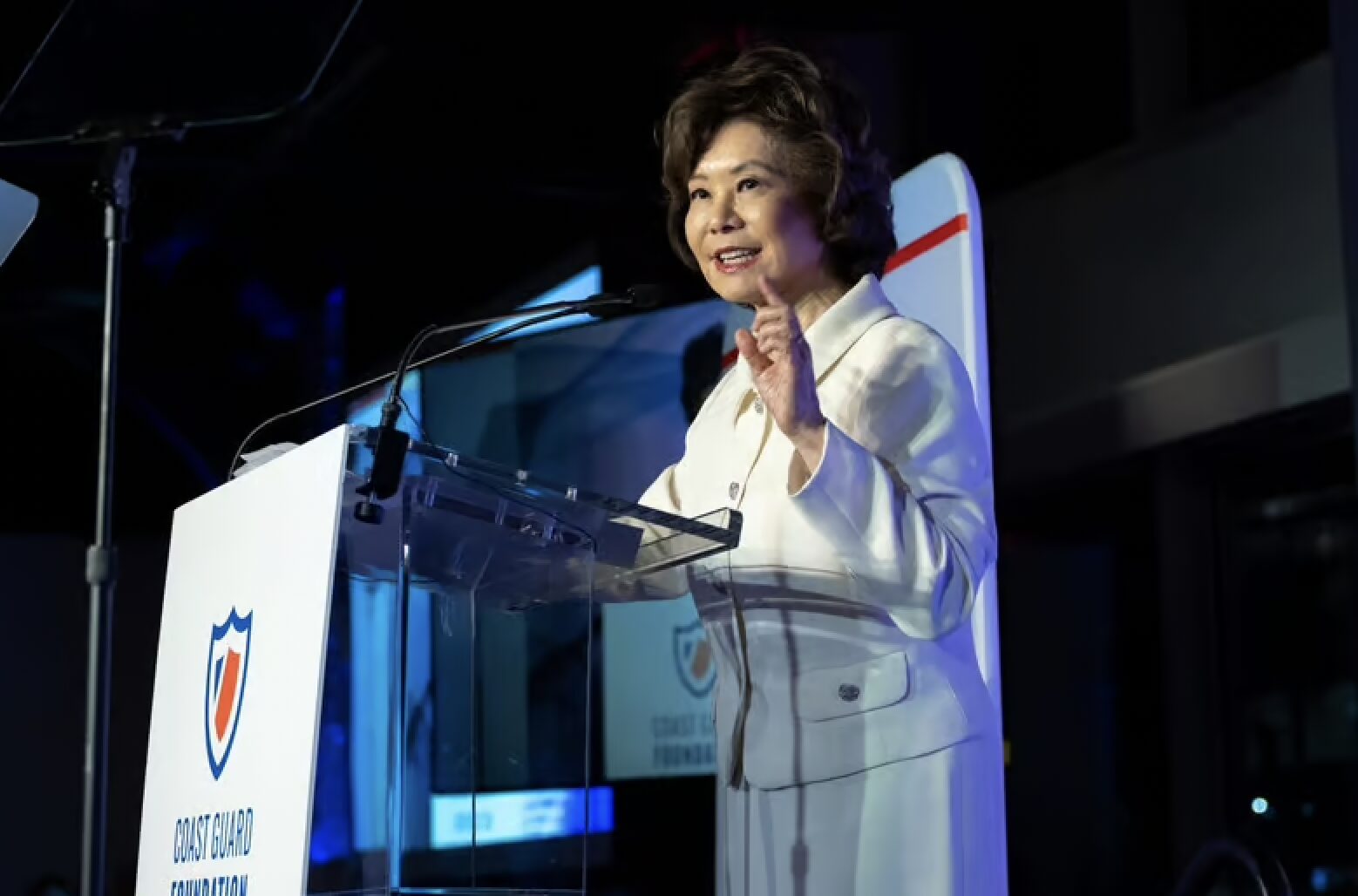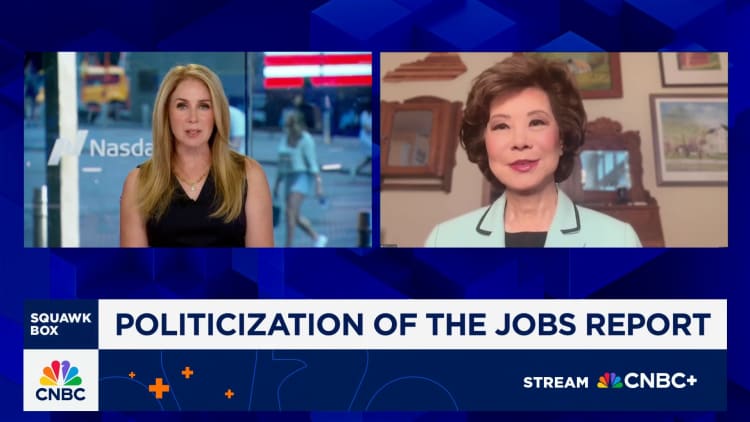I was 8. And I didn’t speak any English. Our initial years in America were difficult, obviously. We didn’t know the language. Couldn’t eat the food. I mean, just little things. On my first day of school, my father took time off from work to accompany me to school. That was a big sacrifice at the time. I remember meeting my classmates, who were just filing into the classroom after a break. And, like any well-brought-up Chinese child, I bowed from the waist in respect and deference to my American teacher. And the whole class broke out laughing. I didn’t understand why. [Laughs.] But it was very embarrassing.
I grew up in a family of six daughters, in an Asian family. We were often the brunt of jokes about my father having to pay for too many weddings, or having a business but no son to pass it to. But again, we never felt diminished by that because my parents were so empowering. They imbued within us the confidence that we can do whatever we wanted. Not an arrogance, just a sense that we knew our own self-worth. And this was not measured by other people; it’s within us.
I’ve seen a lot of the pictures where you were the only woman in the room. Did you have any mentors?
I didn’t have mentors, no. I was so outside of mainstream America. Which is why I tell young people not to be discouraged. Find inspiration in all different ways. You know, I have a little picture of the village from which my father came: huts with thatched roofs, chickens and pigs running around. And I look at that and say, You know, if my father can come from that kind of environment and overcome so many difficulties, surely I, as his daughter, can do the same.
So you came to D.C. without many connections?
I didn’t know anybody. I couldn’t even get a job as a volunteer on Ronald Reagan’s reelection campaign. Because, you know, nobody would vouch for me. It took me a while to finally find somebody to find somebody to find somebody to find somebody [laughs] who kind of gave me a chance to be a volunteer in the last, like, four months of the campaign.
You have done incredibly well, your family has done well, and you are now in a position where you are technically very much an insider, very connected.
I don’t feel as if I’m very connected. I think that’s one of life’s biggest ironies. I mean, for people to think that I’m establishment, when I have fought so hard my whole entire life for those who are on the outside. I have tried to be their voice, and to make sure that there’s equity at the table. As director of the Peace Corps, head of the United Way, secretary of Department of Labor. My management style has always been very inclusive and participatory. So, yes, people may view me that way. But I have never forgotten what it feels like to be on the outside looking in. To feel that sense of vulnerability and fear that we’re not going to make it. And what has helped me is that I always have respect for the culture of a particular institution and a willingness to trust the people.
What do you think, then, when you hear language like “drain the swamp”? It’s a pretty disparaging way to talk about all the people working in these organizations who are doing good work.
I think even people within these large organizations, be they public or private, will acknowledge that there is room for improvement. And that there are times when fraud and abuse occur. And that they would want to also ferret out malfeasance. People within big bureaucracies often feel frustrated, too.






